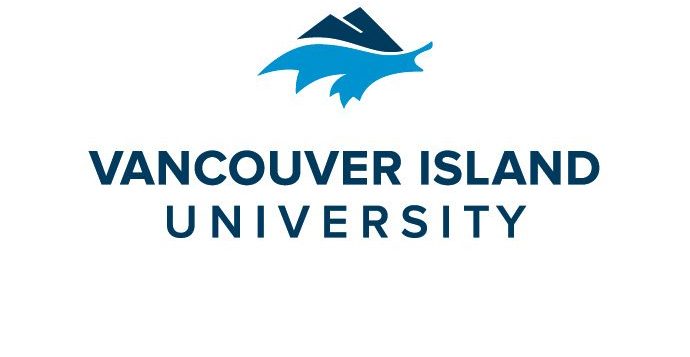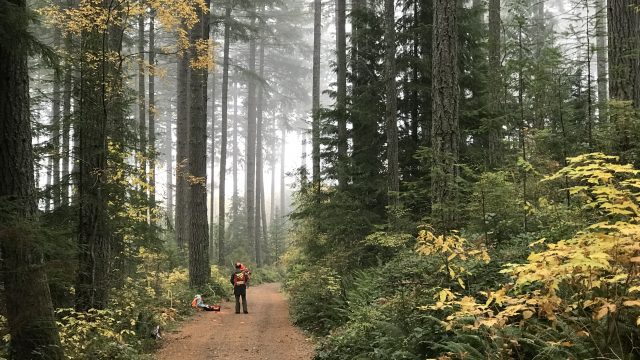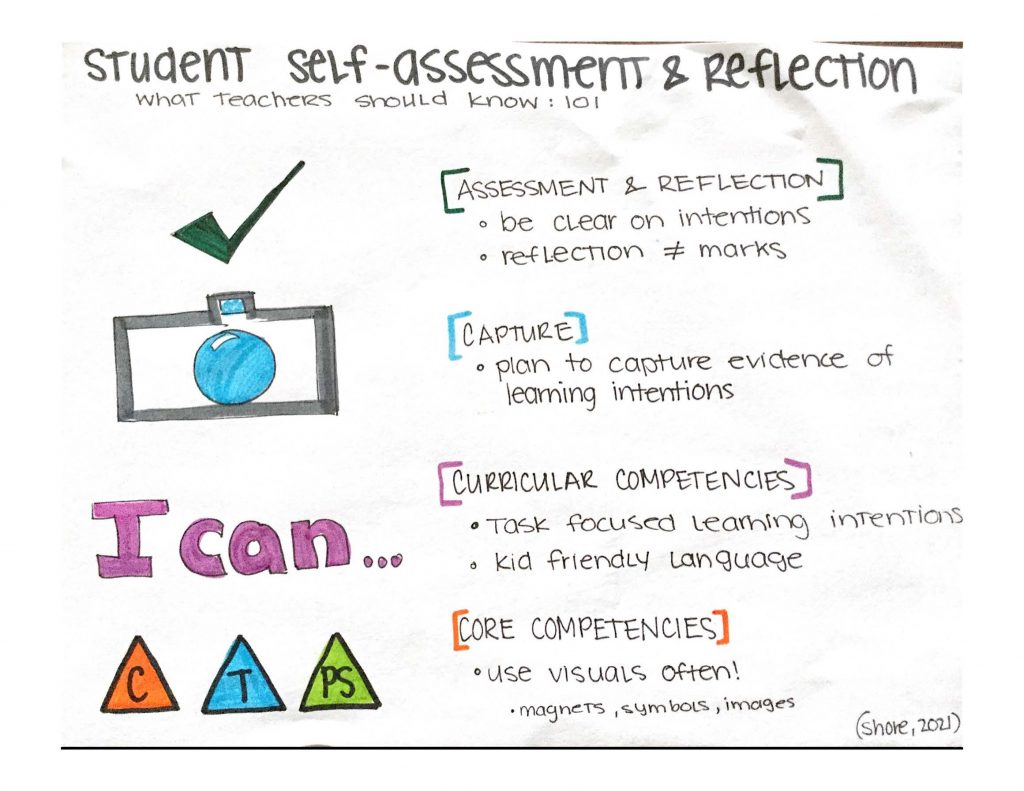By: Ryan West
In many ways, our education systems are failing to meet the needs of our Indigenous learners. There is a growing urgency to meet students where they are at, but not just academically. Programming needs to begin acknowledging and creating space for the diverse set of individuals, cultures, and learning systems present in schools today. This narrative study suggests that the story of Athabaskan fiddle music and the learning experiences of local fiddler players can help the greater educational community understand the benefits of bringing formal education outside the realms of standardization and compartmentalized learning by creating space and honouring Indigenous learning systems within our classrooms.


